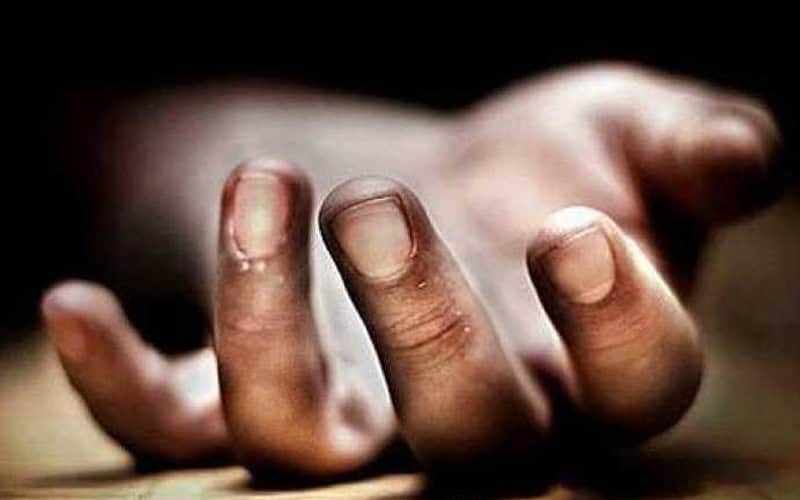Dhaka: A Rohingya couple was shot dead during a gunfight in a border town camp hours after they were detained by Bangladesh police, officials said Sunday, the latest killings amid growing tensions between the refugees and authorities.
Police in Teknaf town said the refugee couple — Dil Mohammad, 32, and his 26-year-old wife Jaheda Begum — were members of a Rohingya “bandit group”.
Authorities claim the gang killed a local ruling party official, Omar Faruk, in a refugee settlement in southeastern Bangladesh last month.
At least 13 Rohingya refugees have been killed in alleged gunfights between criminals and officers since Faruk’s murder on August 22, police inspector Ali Arshad said.
“Eleven of them were involved in Faruk’s murder,” he told AFP, but said that while part of the gang, the couple were not accused of carrying out the shooting.
Police officer Mohammad Babul told AFP the pair were detained by investigators late Saturday and led officials to a suspected gang hideout in search of other alleged members.
He said the officers were ambushed by the group hours later.
“We retaliated with gunfire. The couple sustained severe bullet injuries during the shootout,” Babul said, adding that they were later declared dead in a hospital.
Rights groups have previously accused Bangladesh police of staging gunfights as a cover for the extrajudicial killings of Rohingya, mainly suspects in drug smuggling.
Early this week, UN human rights experts called for an impartial investigation into Rohingya being killed in gunfights after being named as suspects in Faruk’s killing.
Following the Faruk murder, local residents vandalised refugee shops and staged protests in one of the camps. The settlements are home to nearly a million of the stateless minority who fled oppression in neighbouring Myanmar.
At least 33 Rohingya have been killed by Bangladeshi security forces in gunfights and another nine killed in internal gang clashes since July last year, according to the police.
UN experts have also expressed “serious concerns” new restrictions and a virtual internet blackout in the camps.
The ongoing clampdown came after the failure of a fresh attempt to repatriate some of the refugees, the second effort in less than a year.

